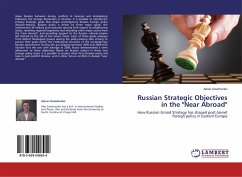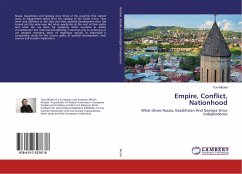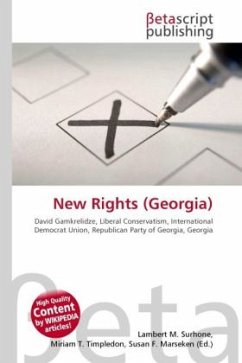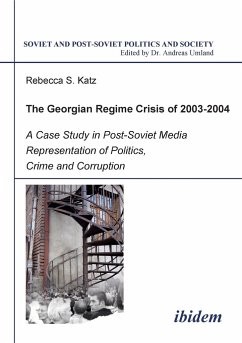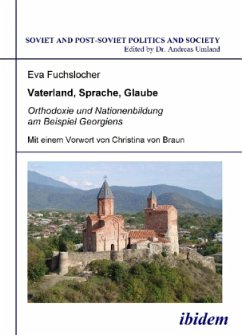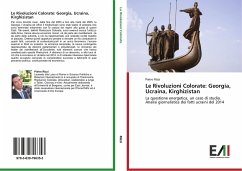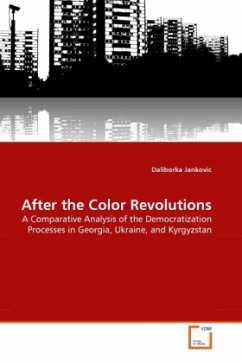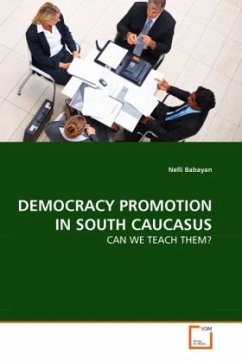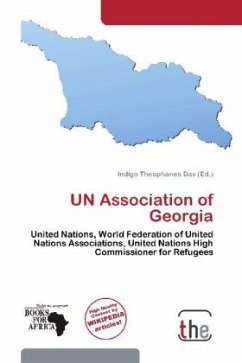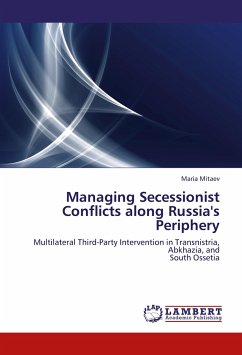
Managing Secessionist Conflicts along Russia's Periphery
Multilateral Third-Party Intervention in Transnistria, Abkhazia, and South Ossetia
Versandkostenfrei!
Versandfertig in 6-10 Tagen
32,99 €
inkl. MwSt.

PAYBACK Punkte
16 °P sammeln!
This research seeks to answer whether civilian intervention produces a more tangible outcome in terms of challenging the status quo around secessionist conflicts than traditional mediation given specific background conditions involved. The mediation (and observation) the method traditionally employed by the OSCE and the UN - appears to be more intrusive, involves direct physical presence on the ground in the conflict zone, is more high-profile and involves sensitive political and politico-military issues, and produces increased competition and power-based mediation on the part of an involved m...
This research seeks to answer whether civilian intervention produces a more tangible outcome in terms of challenging the status quo around secessionist conflicts than traditional mediation given specific background conditions involved. The mediation (and observation) the method traditionally employed by the OSCE and the UN - appears to be more intrusive, involves direct physical presence on the ground in the conflict zone, is more high-profile and involves sensitive political and politico-military issues, and produces increased competition and power-based mediation on the part of an involved major regional player interested in sustaining the status quo. The civilian approach to conflict management employed by the EU, by contrast, entails a less intrusive, more low-key, piecemeal instruments facilitating conflict prevention or conflict management. As such, it is able to alter the context around the conflict, thereby challenging the status quo. The author ultimately concludes though that the impact produced by civilian approach to conflict management diverges in space due to the different types of security issues involved in different conflicts.



